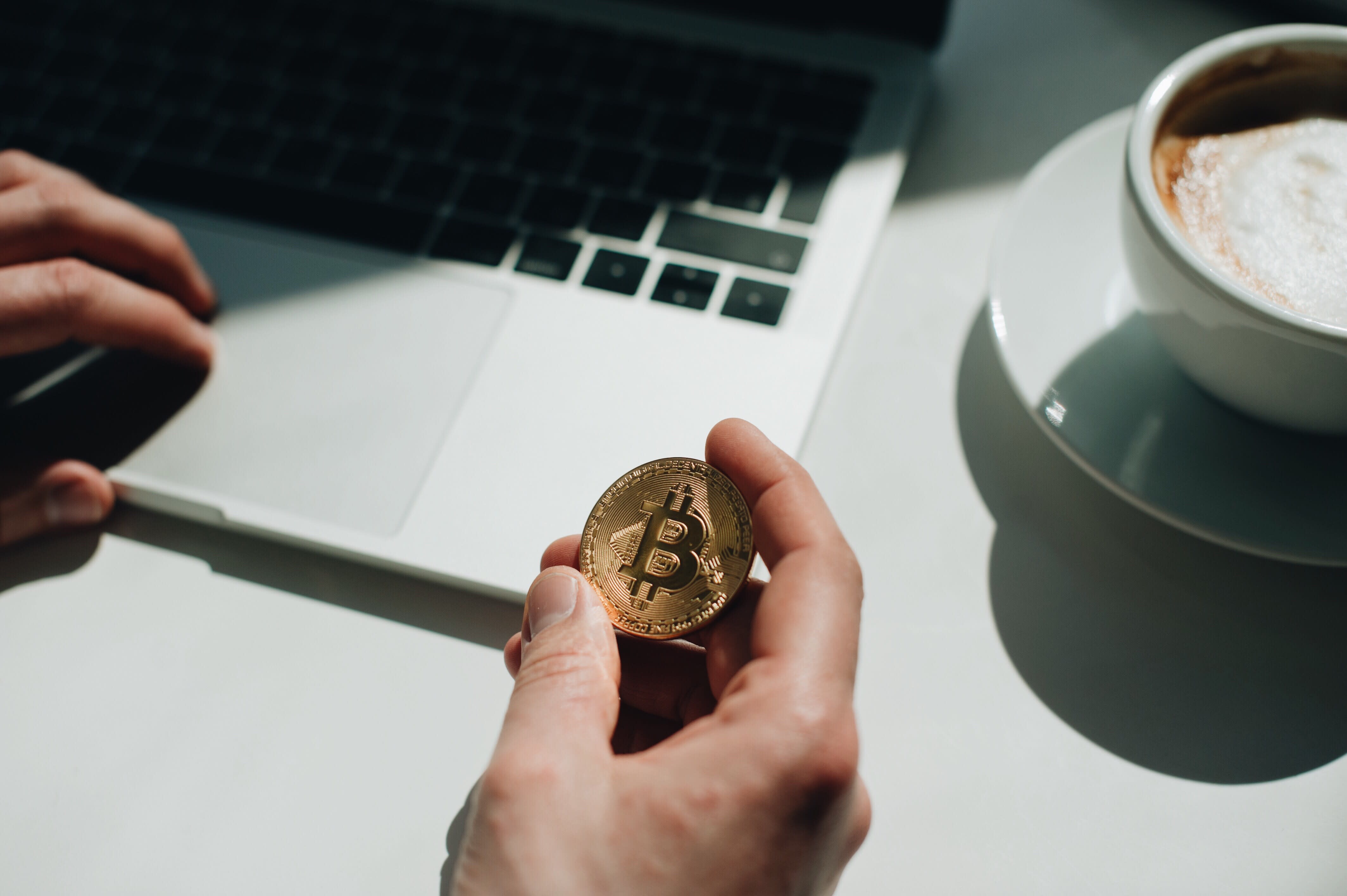
In a massive victory for the cryptocurrency industry, the Securities and Exchange Commission is set to let the first U.S. bitcoin futures exchange-traded funds start trading next week, CNBC reported on Friday.
Sources familiar with the matter told CNBC that the SEC isn’t likely to block the futures-based bitcoin ETFs proposed by ProShares and Invesco. After the news spread, the price of bitcoin surged above $60,000.
If you’re interested in investing, financial experts recommend understanding the potential risks surrounding a futures-based bitcoin ETF before parting with your money. Here’s what to consider.
The price of the ETF won’t be pegged to bitcoin
First, it’s important to understand that investing in a futures-based bitcoin ETF is not a direct investment in bitcoin.
A futures-based ETF tracks futures contracts, rather than the price of an asset. As a result, a futures-based bitcoin ETF would track bitcoin futures contracts, not the price of bitcoin itself. Therefore, the price of the ETF will not match the price of bitcoin.
This difference can be a risk, Ivory Johnson, certified financial planner, chartered financial consultant and founder of Delancey Wealth Management, tells CNBC Make It. The price of a futures-based bitcoin ETF could trade at a premium during a bull market or at a discount during a bear market.
The difference in value is also why a futures-based bitcoin ETF “is likely better for short-term exposure than for buy and hold long-term investing,” says Todd Rosenbluth, director of ETF and mutual fund research at CFRA.
Some bitcoin supporters argue that investors may generate better returns by buying the cryptocurrency directly. However, it is impossible to predict future performance of any asset.
A futures-based bitcoin ETF could be helpful for those unsure of how to safely buy bitcoin, or those who prefer to not have the responsibility of protecting and securing their bitcoin wallet. The price of bitcoin often swings as well, so an investor buying the cryptocurrency directly would have to be able to stomach the volatility.
Ultimately, if you’re deciding between investing in a futures-based bitcoin ETF or bitcoin itself, it depends on how much exposure you want to take on and the length of time you want to hold for.
There will be additional costs attached
Investors should also be aware that a futures-based bitcoin ETF could potentially be more expensive than investing in bitcoin directly. That’s because there are a number of additional costs attached to the futures contracts the ETF tracks, which can impact the price investors end up paying.
In addition, an ETF will require many middlemen in the investment, including hedge funds and ETF providers, Johnson says. Some in the crypto space say that an ETF would benefit these middlemen more than retail investors, especially if the ETF trades at a premium during bull markets.
“Hedge funds … get to capture those returns,” crypto investor and former hedge fund manager Raoul Pal tweeted on Friday. “Wall street gets richer. Retail investors lose. Again.”
The middlemen also take away from the ethos of crypto assets, since the goal of decentralized, peer-to-peer networks is to remove intermediaries found in traditional financial systems, Johnson says.
Any exposure to crypto is risky
Last, investors should know there is still a risk of experiencing a loss.
Although a futures-based bitcoin ETF isn’t a direct investment in cryptocurrency, experts still see the exposure as risky. They view the asset class as volatile and speculative, and in turn, recommend to only invest what you can afford to lose.
As the SEC’s office of investor education and advocacy tweeted on Thursday, “before investing in a fund that holds bitcoin futures contracts, make sure you carefully weigh the potential risks and benefits.”
“All investments in funds involve risk of financial loss. This risk may be increased for positions in bitcoin futures contracts because of the high volatility of bitcoin and bitcoin futures (meaning prices can fluctuate widely),” the SEC wrote in a post in June.
Sign up now: Get smarter about your money and career with our weekly newsletter
Don’t miss: Jamie Dimon says bitcoin is ‘worthless’




